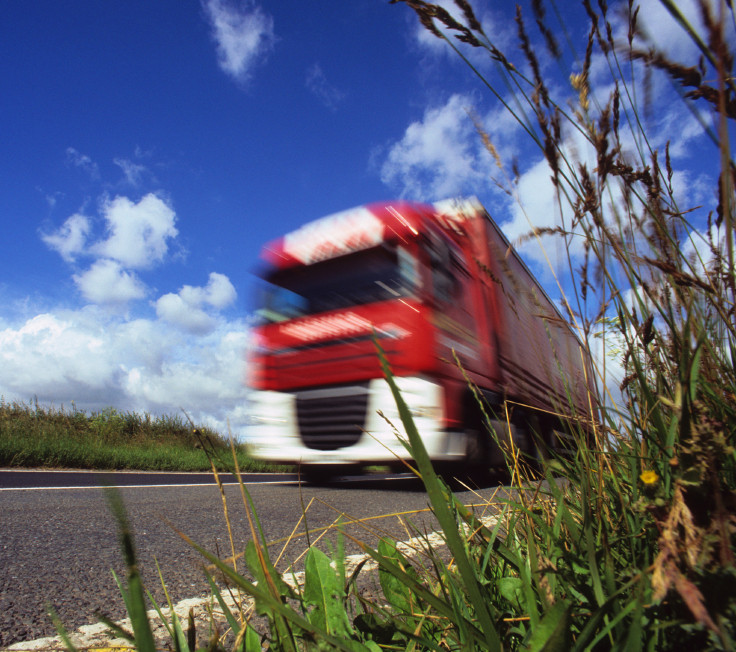Company vs. Driver Liability When There’s A Trucking Accident

When a commercial trucking accident occurs, even if it's evident that the truck driver caused the incident, it isn't always clear-cut when it comes to who's legally liable.
When is the Company Liable for the Driver's Conduct?
The primary theory of liability, "respondeat superior", holds the company of the employee who caused the accident responsible. Under this principle, the employer will be liable for any wrongful acts committed by its staff, provided the acts are unintentional and committed within the scope of employment. Essentially, the employer is responsible as if he or she had committed the wrongful act him or herself. So practically speaking, some sort of wrongful conduct, according to this policy, is abound to happen during the course of employer's business. The result is that the losses caused by wrongful conduct should be placed on the employer.
Is the Driver an Independent Contractor or an Employee?
When a trucking accident occurs, the first thing the injured person must show is that the driver of the truck is an employee of the company and not an independent contractor. Typically, a company is not responsible for wrongful acts committed by its independent contractors. While the law will differ in each state, the emphasis is generally placed on whether the employer has a right to control the means and manner in which the work must be performed. If the employer controls the result of the work, but not how it is accomplished, then there is an independent contractor relationship. Let's say a truck driver uses his own truck, pays for his own oil and gas and has his own liability insurance. The driver doesn't receive employee benefits and the company doesn't tell the driver how to drive or make deliveries. Then the truck driver is an independent contractor. Scope of Employment So what constitutes an act committed within the scope of employment? This is a difficult task and as such courts have adopted several factors to resolve the issue. Common factors include:
- Amount of time used in personal capacity
- Intent of employee
- Amount of freedom employee has to perform duties
- Time, place and nature of employee's conduct
- The type of work the employee was hired to do
- Incidental acts the employer can reasonably expect the employee to do
So if a truck driver, on his way to make a delivery, rear ends a vehicle, causing a trucking accident, his employer will be liable for any damage as the driver was acting within the scope of employment. But if the driver leaves work early to run errands and hits another car, it can be argued that the company is not held liable for the trucking accident as the driver wasn't acting within the scope of employment. What if the Driver Acts Intentionally? An employer will not be held liable for any intentional actions carried out by the employee, such as battery or assault. In such incidences, the employee's actions are not considered to be related to the business enterprise. Still Unsure Who's At Fault? If your employee has recently been involved in a trucking accident and you're unsure who is liable, you can call 843-722-8070 today and speak to the attorneys at Clore Law for advice.
Contact Us
Clore Law Group welcomes your questions about any issues concerning a serious personal injury, car accident, medical malpractice, nursing home neglect, or business tort. If you have a viable claim, we’ll explain the legal process. Since consultations are always free, there’s no cost in learning your legal options.